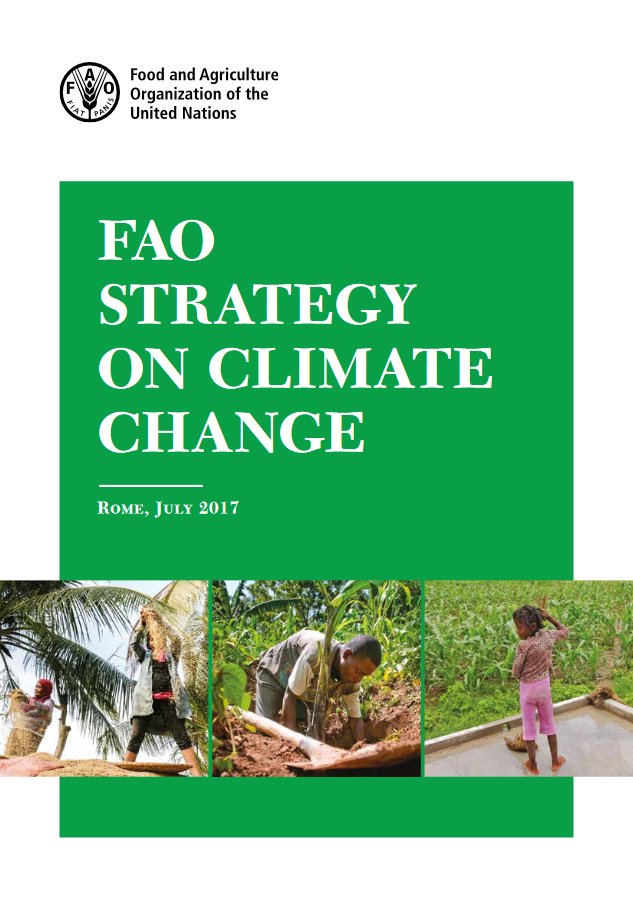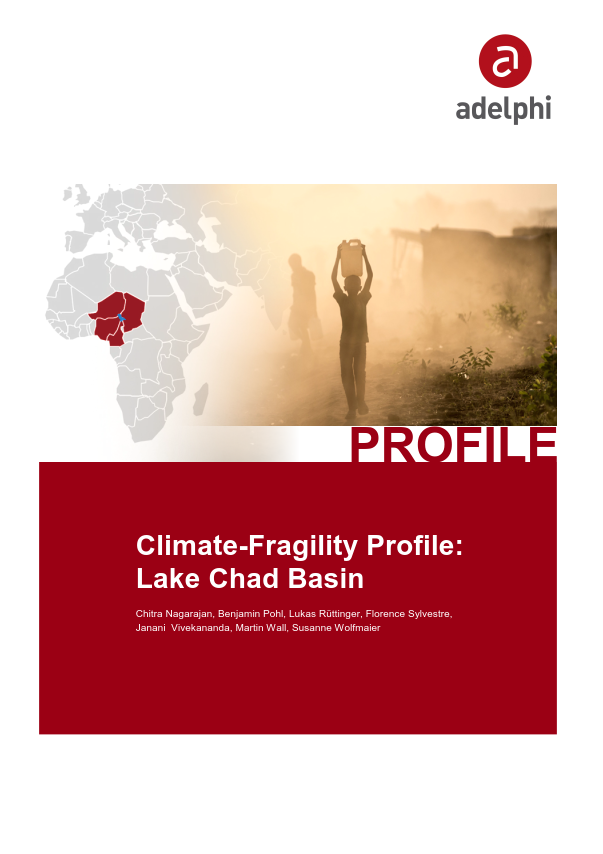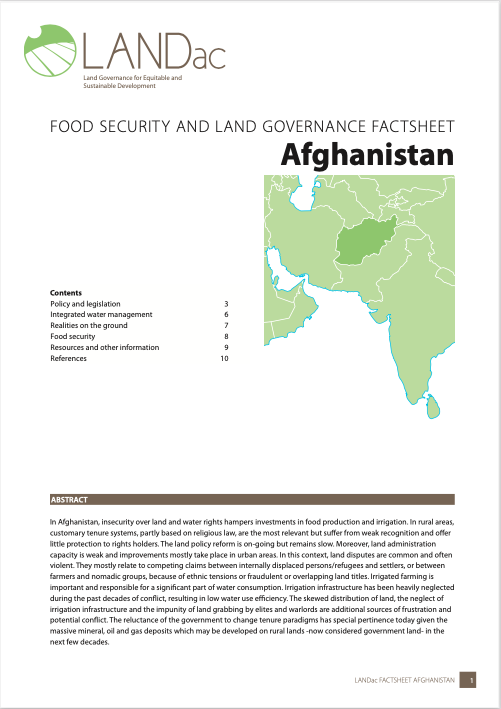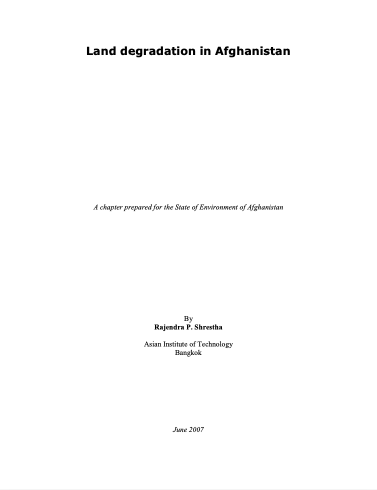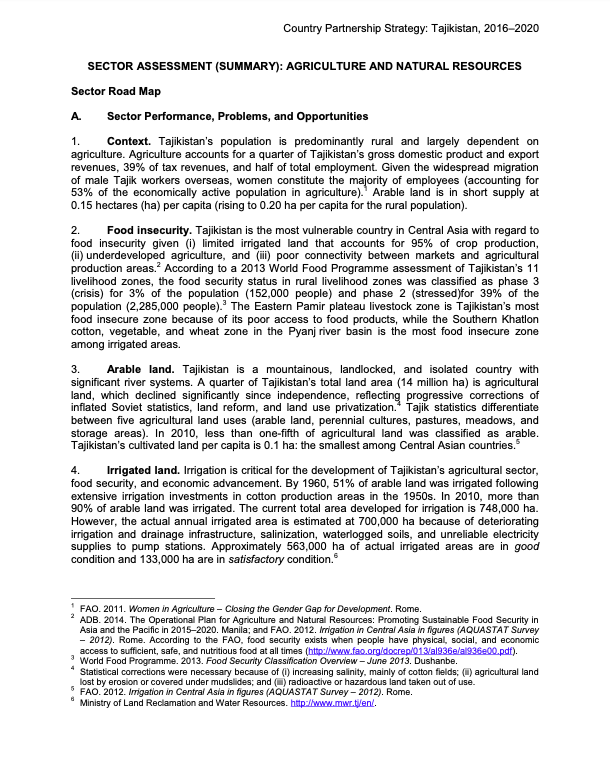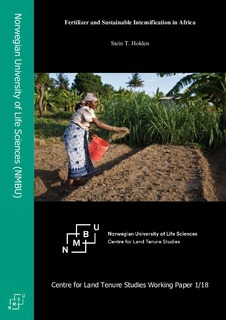FAO Strategy on Climate Change
"There is no peace without tackling food security and eliminating hunger and there will be no food without tackling climate change.” A couple of days ago, the UN Food and Agriculture Organization (FAO) has published a new and all-encompassing framework on climate change. The organization acknowledges the enormous threats posed by climate change, and outlines how it will tackle environmental changes in the future.

